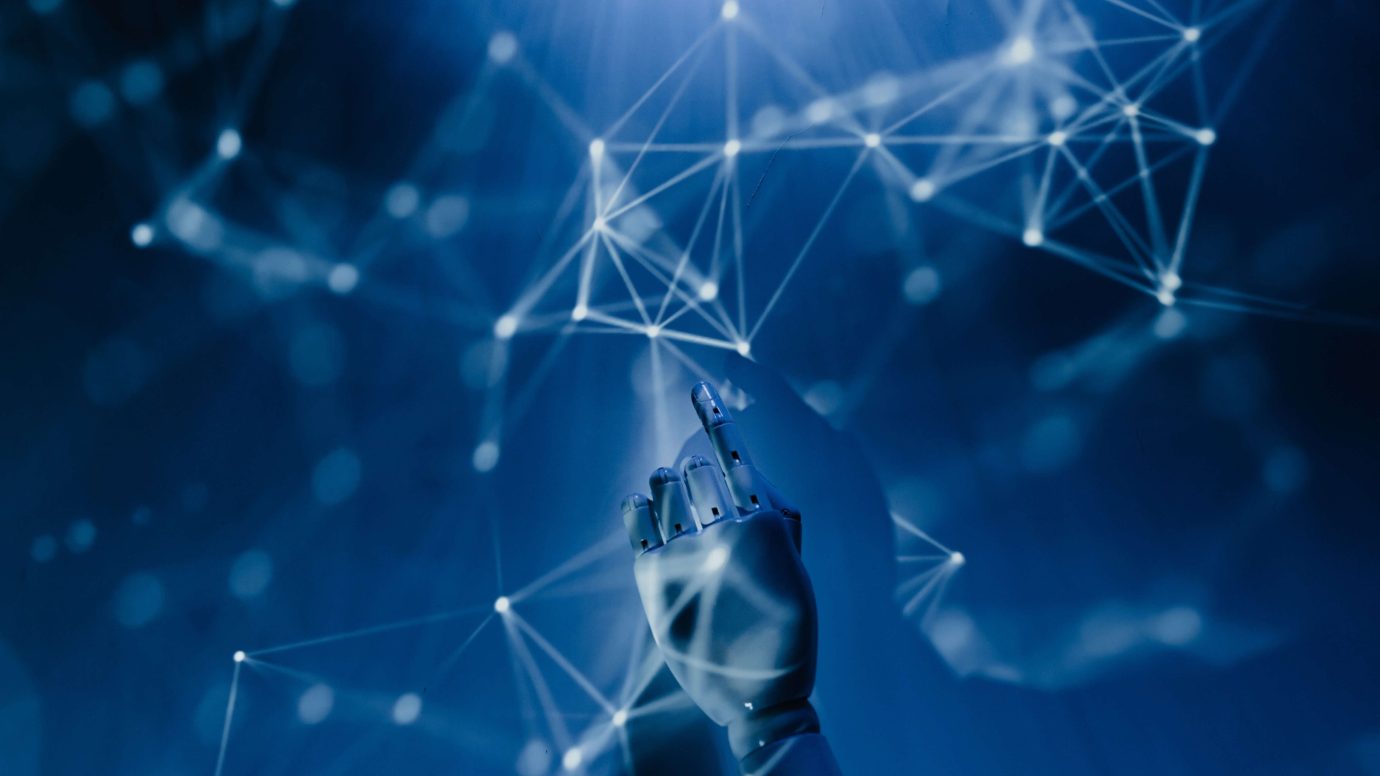
The Power of AI in Education
Artificial Intelligence (AI) has the power to reshape and enhance many areas of our lives, from online shopping, to healthcare, to education. AI in education revolutionising the way we learn, teach, and organise educational institutions. One of the most important benefits of using artificial intelligence (AI) in education lies in its capacity to tailor the learning experience to the specific needs of each student. Conventional classroom environments frequently struggle to accommodate the distinctive learning styles and requirements of individual students, but with AI, each learning experience can be adapted to suit a variety of students’ needs.
As technological advancements and new forms of AI show no signs of slowing down, the future of education appears to be bright. As an institution committed to excellence, BSBI plans to be at the forefront of these technological changes, shaping the future and surpassing the boundaries of traditional types of learning. In this blog post, we’ll explore the immense potential and transformative power of AI in education.
How AI is Shaping the Future of Education
AI is revolutionising the education sector, with innovations like adaptive learning platforms, AI-powered tutors and smart content creation. The future of AI in education involves personalised learning experiences, predictive analytics for student performance and AI-assisted administrative automation. These developments ensure more accessible and efficient learning, shaping a tech-driven academic landscape.
AI-driven tools help teachers customise learning experiences for students, ensuring a more inclusive education system. Machine learning algorithms assist in predicting student performance and recommending personalised study plans. As AI technology continues to evolve, new AI trends in education will enhance both teaching methods and learning outcomes.
Discover more blogs associated with the AI:
AI-Enhanced Personalised Education
A significant advantage of AI in education is its proficiency in personalising the learning journey for every student. In contrast, traditional classroom settings often fall short in addressing the distinctive learning styles and requirements of individual learners. AI empowers educational software to adapt and cater to each student’s unique learning preferences and pace, thereby enhancing the effectiveness and enjoyability of the learning process.
AI-driven adaptive learning systems leverage machine learning algorithms to assess student performance and dynamically modify the content and teaching approach. This guarantees that students receive tailored learning experiences that align with their specific needs and preferences.
AI-Powered Intelligent Assessment
AI-powered assessment tools have transformed the way educators evaluate student performance. Automated grading systems can quickly and accurately grade assignments, quizzes, and exams, saving teachers valuable time and reducing the risk of marking errors.
Furthermore, AI offers insights into student performance trends through data analysis. Educators can now identify learning gaps, enabling timely intervention and targeted support for struggling students. The future of AI in education is a data-driven approach, leading to better learning outcomes and greater academic success.
Enhanced Accessibility
AI technologies have the potential to democratise education by increasing access to quality learning resources. Digital assistants, chatbots, and AI tutors can provide instant help to students, making learning available 24/7. This level of accessibility is especially valuable for remote and distance learners who require flexible educational options.
Moreover, the power of ai in education extends to AI-powered translations and voice recognition tools can break down language barriers, ensuring that education is accessible to a global audience. Education becomes more inclusive and accommodating of diverse backgrounds and learning needs.
How AI Empowers Educators
AI is not here to replace teachers but to empower them. Educators can benefit from AI-driven tools that assist in administrative tasks, such as managing schedules, grading, and organising course materials. This streamlines administrative work, allowing teachers to focus more on instructing and mentoring students.
AI in education also helps teachers with lesson planning by suggesting resources, activities, and strategies based on individual student needs. This collaborative approach between AI and educators can lead to more effective teaching methods and improved student engagement.
Lifelong Learning
The concept of lifelong learning is becoming increasingly important and students need to learn the skills that can support them in a lifelong learning journey. AI-driven platforms and tools can support individuals looking to upskill and reskill, as they adapt to changing job market demands. By offering personalised learning plans and resources, AI helps individuals stay competitive and continuously expand their knowledge and skills throughout their careers.
What do these Changes Mean for Students Today?
As new AI trends in education emerge, students can benefit in numerous ways, as we have highlighted in this blog post. Firstly, the personalisation aspect of AI-driven education is a game-changer. No two students learn in the same way, and AI is adept at recognising these differences and adapting content and teaching methods accordingly. This means that learning becomes more tailored to individual needs and progresses at a pace that’s comfortable for each student. Moreover, AI helps bridge the accessibility gap in education. It makes learning resources available to a wider audience, including those with different learning abilities, geographical locations, and financial backgrounds.
This inclusivity empowers students from diverse walks of life to access high-quality education. Furthermore, AI can provide instant feedback, helping students identify their strengths and weaknesses, allowing them to focus their efforts where needed most. It also fosters creativity, critical thinking, and problem-solving skills by encouraging students to interact with technology and explore its potential. Overall, the changes ushered in by AI in education signify a more personalised, accessible, and engaging learning experience for students.
How BSBI Utilizes AI to Transform Education
With a commitment to innovation and excellence, BSBI leverages AI in various facets of education, from personalized learning pathways to enhanced student support services. Through AI-driven platforms, students at BSBI can experience tailor-made learning experiences that cater to their unique needs and preferences. Adaptive learning algorithms not only assess individual performance but also adjust course materials, providing a more engaging and effective learning journey. Furthermore, AI plays a pivotal role in automating administrative tasks, allowing our educators to focus more on what truly matters – delivering high-quality education and providing students with guidance and mentorship. This fusion of technology and education exemplifies BSBI’s dedication to staying at the forefront of modern pedagogy, ensuring that students receive a world-class education that is both dynamic and personalised.
Conclusion
The integration of AI in education is a game-changer, with the potential to transform the learning experience for students, support teachers, and provide accessible education for all. As the technology continues to evolve, it’s crucial to ensure ethical and responsible use of AI in education, addressing concerns related to data privacy, equity, and bias.
The power of AI in education lies in its ability to create a more personalised, efficient, and inclusive learning environment. By harnessing the potential of AI, we can foster a generation of learners who are not only well-prepared for the challenges of the future but also excited to embark on their educational journeys. The AI revolution is underway, and it’s time to embrace its potential in education.
